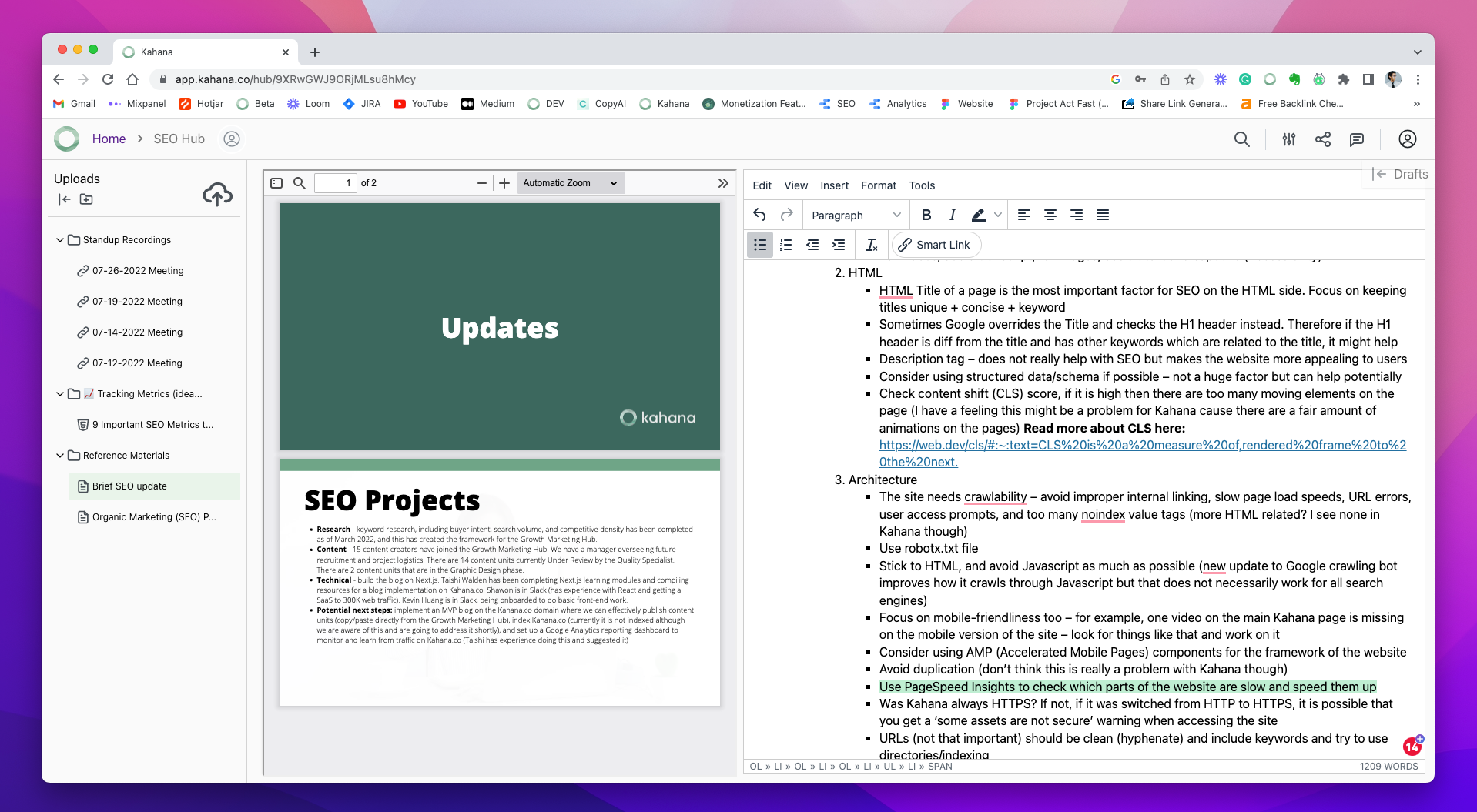Keyword Research Tips & Template for Beginners [2025]

Topics covered ✅
- Keyword research tool free
- Keyword research Google
- Keyword research for YouTube
- Best keyword research tool
- Keyword research Ahrefs
- How to do keyword research
Keywords are the terms that people will put into search engines when they are searching for a particular topic. Keyword research allows you to leverage that dynamic to create content that gets discovered. When we talk about ranking highly in searches, we are talking about pushing your site to the top of those specific searches in order to help you get noticed.
Due to the amount of time and research that it can take to implement these optimizations, you are limited in the number of keywords you can prioritize, and therefore, choosing the keywords that you rank for is an important decision.
1. Keyword Research and Why It’s Important
So, how do you go about choosing the keywords that you want to rank for that will help you achieve your broader business goals?
As we talked about in the piece titled building your buyer persona (which you can read here for a more in-depth guide), when creating content, your first goal should always be to understand your audience. Building buyer personas and carefully thinking about who you are creating content for will inform almost every aspect of your creation. When it comes to choosing your keywords, understanding your target audience is important for a few key reasons.
First, the keywords that you use will be informed by the search volume, which is the number of people who are searching for those phrases. If you want to target a very specific type of audience, such as in B2B SEO, then that will naturally come with a lower search volume.
For these reasons, you should use audience research tools to gather quantitative data.
Second, in order to choose your keywords, you need to know your audience’s pain points and questions, and by understanding them, you can hopefully provide them with useful content.
It’s not difficult to see how being the first result when somebody is searching for a particular service is a highly valuable position to hold. In fact, on many searches, you will even see the top result be a paid ad, illustrating perfectly the value of holding that position. So this is the true power of SEO, through great content and research you can drive your content up the search rankings into a position that others would be willing to pay for. But choosing the keywords that are valuable, relevant, and achievable can be difficult.

Claim My Free Keyword Research Template
This hub is ready-made and pre-populated with tools, tips, and resources that will help you nail your keyword research.
2. Tips on Choosing Keywords
Generally, you want to choose popular keywords that are relevant to your business and that answer a particular pain point of your customers. The popularity of searches, or search volume, is an indication of the popularity of keywords. Of course, everybody wants to rank for the most popular searches, and for this reason, they are often highly competitive, difficult to rank for, and expensive to advertise on. Conversely, keywords that have very low search volume may be much easier to rank for, but they are therefore much less valuable unless you have a high conversion rate (this is the B2B SEO strategy).
It is also useful to think of your keywords along two axes in order to come up with different variations of a keyword to find the optimal balance between volume and competitiveness.
Think in terms of the search intent
In this context, search intent will range from an intent to purchase or an intent to carry out research. Searches with intent to purchase mean that the customer broadly understands what they looking for already and is looking for a place to make a purchase whereas if the intent is research then the customer may just be looking for information about a particular product and may not be ready to purchase yet. So intent to purchase may be something like “sunglasses for sale” whereas research may be more like “what are polarised sunglasses”.
Think about the specificity of your keywords
In this case, ranges can be understood as “broad-to-specific.”
Broad search terms are high-volume terms that contain few words whereas specific search terms are longer, highly specific, and thus have lower search volume. To stick with the sunglasses example, a broad example might be “women’s sunglasses” but to make that more specific it could be “Women’s rose gold polaroid sunglasses for sale”. You should also take into account the type of content that you are creating when thinking of where your keywords should lay on those axes since certain types of content is better suited to each end of those spectra. Thought leadership content would generally fall under broad research since it is typically an industrywide analysis whereas a how-to guide would likely fall under specific research.
Also, consider what your competitors in the space are ranking for. By taking a look around you at what your competitors are doing, you may not only be reminded of some key searches that you haven’t considered but importantly you may be able to spot a gap in the market of keywords that your competitors haven’t thought of.
3. Tools to help with keyword strategies
There are a number of great tools out there to help you increase your understanding of keywords and their competitiveness of them. One of the most simple tools you can use to help brainstorm your keywords is Google autocomplete suggestions.
To leverage Google autocomplete suggestions, simply start searching the keyword that you are researching and note what the suggested searches are. This is a great way to research keywords because these are results that are highly relevant to the ones that you're researching and might prompt you to change your wording in ways that you haven’t thought about. More complex tools like Ahrefs and Semrush give detailed analytics of search terms such as search volume and keyword competitiveness.
VidIQ is a useful platform for keyword research for YouTube.
When considering the competitiveness of the keywords you choose, there is a balance that you want to try and achieve between ranking for valuable searches and being realistic. The really competitive topics may be great for you to try and rank for but if you only try to rank for difficult keywords, you may not end up ranking well anywhere.
The Bottom Line
With limited resources, we need to be smart about the keywords that we want to rank for. This process can be difficult and dependent on many different factors from our overall B2B strategy to the popularity and competitiveness of each keyword.

Talk with a Kahana representative
Fill out your information and a Kahana team representative will reach out to you. Have a simple question? Search our library of articles
